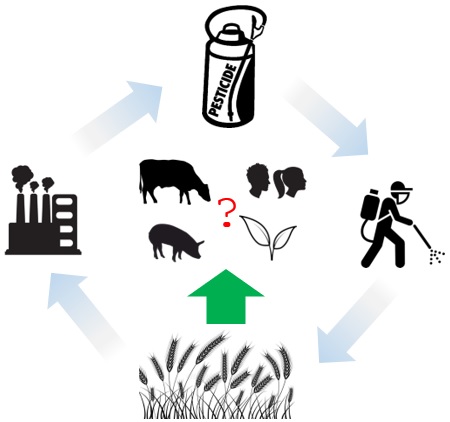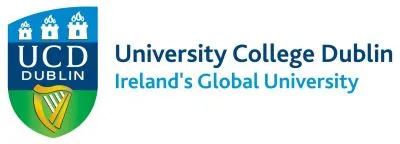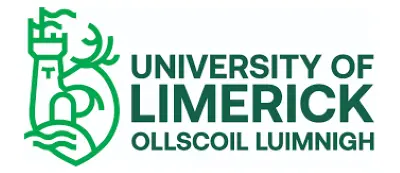News
SPRINT

SPRINT
Professor John F. Cryan and colleagues at University College Cork’s APC Microbiome Ireland have been awarded over 730k Euro in research funding as a part of the European Commission’s Horizon 2020 Research and Innovation programme, which aims to understand the fundamental impact of plant protection products such as pesticides on the gut microbiome of animals and humans with a particular focus on the gut-brain axis.
Farming systems in Europe rely strongly on the use of pesticides to secure yields and food safety in plant production and animal husbandry, using an average 340,000-370,000 tons of active substances annually. However, the risks associated with this over reliance of pesticides in relation to human and animal health is still relatively unknown. Indeed, from an environmental and health perspective, it is concerning that pesticide residues are commonly found in soil, water, crops, food and feed, animals and humans.
The newly launched SPRINT project (Sustainable Plant Protection Transition: A Global Health Approach), consists of a consortium of research institutes from 11 European countries alongside colleagues in Argentina and the UN’s Food and Agriculture Organisation (FAO). SPRINT will develop a Global Health Risk Assessment Toolbox to evaluate the impact of pesticides on human health and the adverse effects on plants, animals and ecosystems.
SPRINT will pool the knowledge and data from across Europe to find ways to improve the sustainable use of pesticides. Working with farmers and policymakers, researchers will find ways to support a transition to more sustainable plant protection.
Professor Violette Geissen of Wageningen University, who leads the overall 15 million Euro SPRINT consortium said: “I am excited to be starting this project, which will answer many questions of vital importance to European citizens. We have brought together scientists who have long-standing expertise to share on this topic. I am confident that we can support regulators and policymakers to make well-informed decisions to introduce more sustainable solutions to agricultural practices”.
It is not an easy time to start a new project, but current issues with the use of pesticides means we cannot delay.
Specifically, the role of the Cryan lab in this consortium is to investigate the impact of PPPs on animal and human gut microbes, and how this may impact on health and mental wellbeing. Welcoming the funding, Prof. Cryan said “This project is very much in line with both APC Microbiome Ireland and UCC’s strategy to engage in impactful research and will add value to the EU’s Farm to Fork and Biodiversity strategies and the overall sustainability of the planet we live on.”
ENDS
For further information please contact Prof John Cryan; j.cryan@ucc.ie
About APC Microbiome Ireland SFI Research Centre
APC Microbiome Ireland (APC; http://apc.ucc.ie ) is a world-leading SFI Research Centre based in University College Cork which was formed in 2003 with funding from Science Foundation Ireland and in conjunction with key industry partners. It represents a seamless collaboration between University College Cork, Teagasc (the Irish Agriculture and Food Development Authority) and NUI Galway, with additional Investigators based at University College Dublin, National Institute for Bioprocessing Research & Training (NIBRT), Cork Institute of Technology and Trinity College Dublin. It is widely recognised that the gut microbiota plays an important role in human health and has become one of the most dynamic, complex and exciting areas of research in both food and pharmaceutical arenas. Over the last decade the APC has established itself as one of the leading global centres in gut microbiota research. The APC has made several landmark discoveries and has published over 2,700 research articles in peer-reviewed journals, generating many journal covers and associated editorials. Recent research areas being led by APC include the implication of the microbiome in brain health; the development of new diagnostics or biomarkers of health or risk of disease (e.g. colon cancer) based on analysis of the microbiota; exploring the mechanisms by which the microbiota may be favourably mobilised or manipulated (e.g. by bacteriophage) to promote health and ‘mining’ the microbiota for new drugs (e.g. smart antibiotics) and functional food ingredients.






